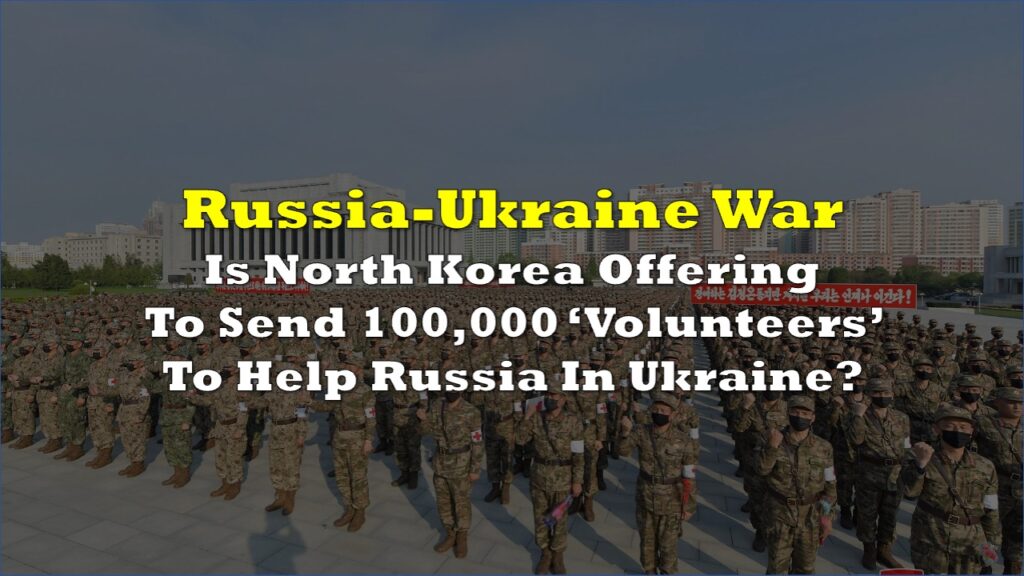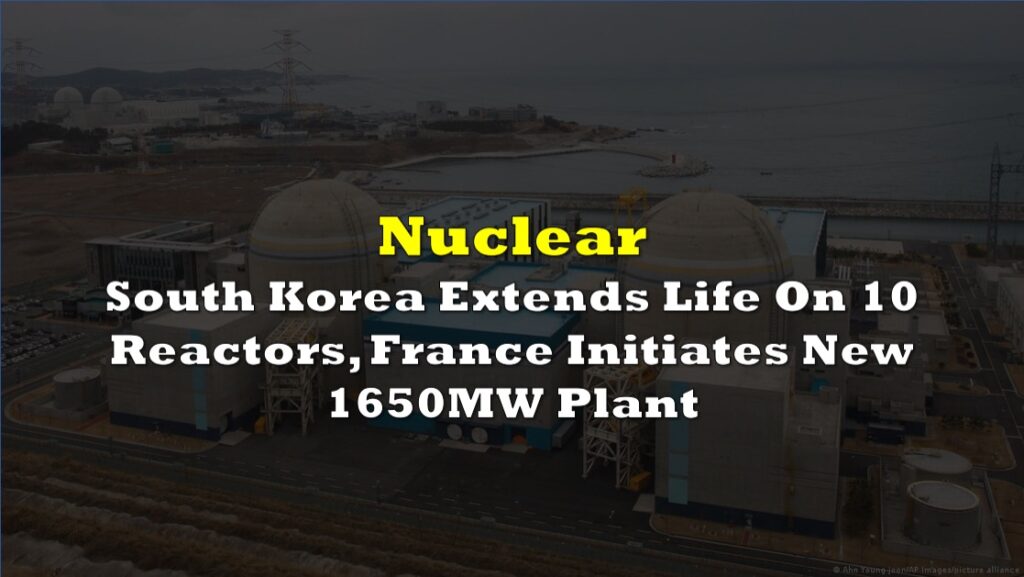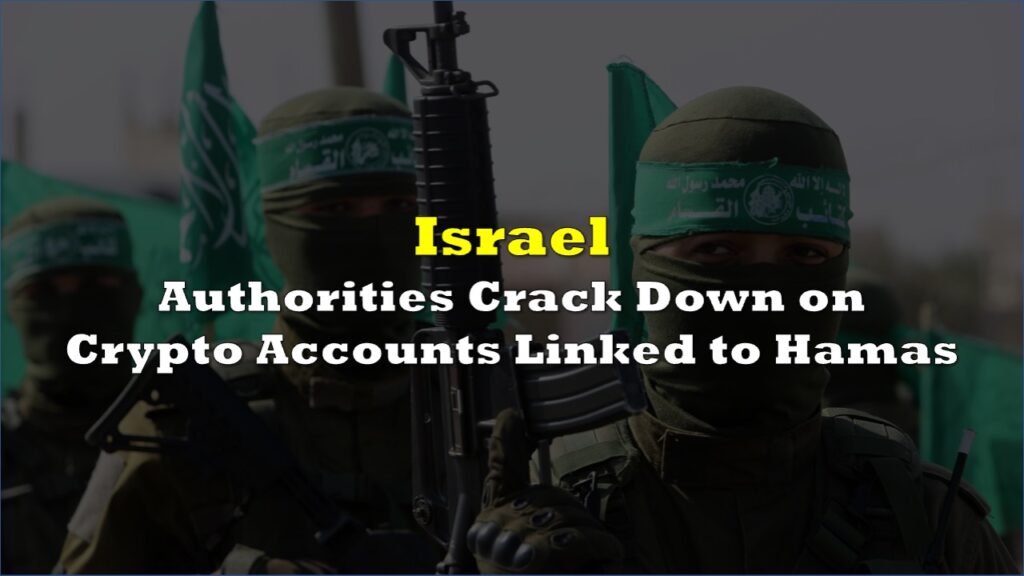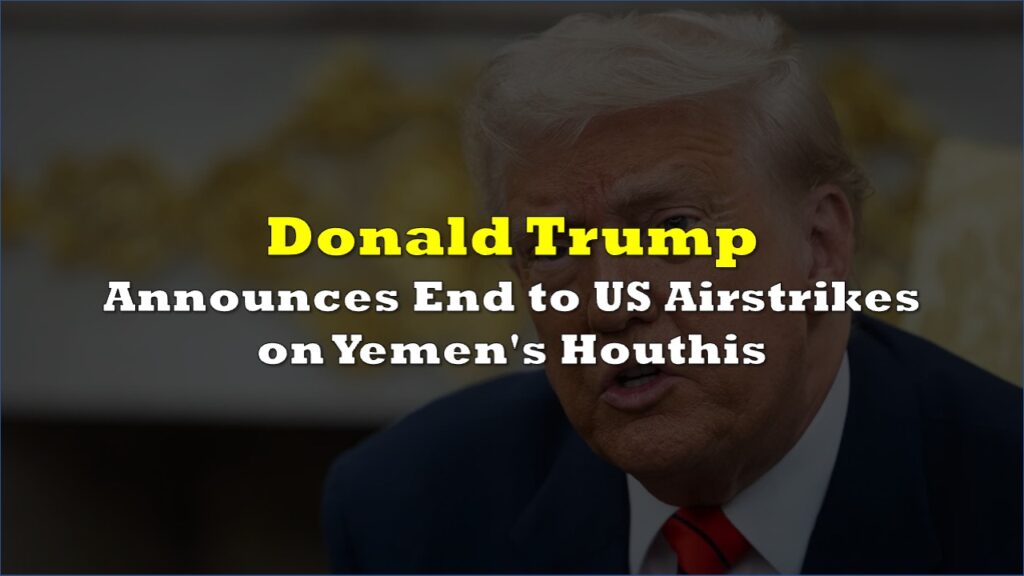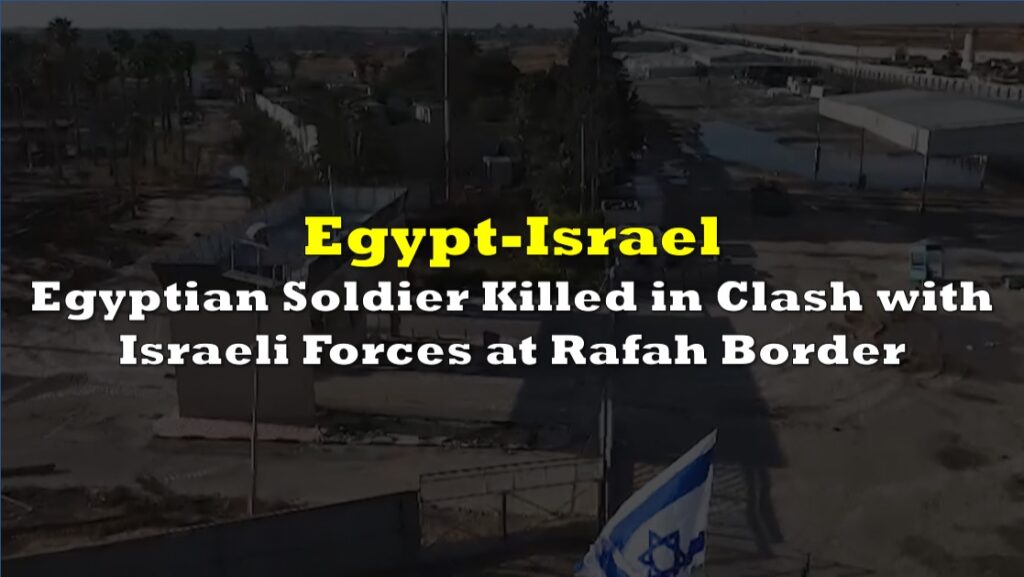Experts are cautioning South Korea to closely observe the ongoing conflict between Israel and Hamas, emphasizing the potential vulnerability of advanced defense systems against a massive barrage of simpler, cheaper weapons. The recent rain of rockets fired by Hamas serves as a stark illustration of this concern, raising questions about South Korea’s ability to counter North Korea’s rocket attacks.
Bruce Bechtol Jr., a former officer of the U.S. Defense Intelligence Agency, emphasized this point during an interview with The Korea Times, saying, “If the Iron Dome can’t stop all of the rockets from Hamas, how is South Korea supposed to stop all the rockets from North Korea in an attack? I think that’s the question South Koreans need to start asking themselves because North Korea has much more effective rockets than Hamas.”
The Israel-Hamas conflict, which began with a barrage of rockets fired by Hamas from the Gaza Strip, has claimed over 2,000 lives. According to the Israel Defense Forces (IDF), Hamas has launched approximately 4,500 rockets into Israeli territory since the initial attack.
Initially, Hamas overwhelmed Israel’s Iron Dome air defense system, which is designed to track and intercept incoming missiles. However, the Iron Dome later successfully prevented short-range rockets from reaching Israeli targets. South Korean defense authorities are closely monitoring the situation due to concerns that some of the weapons used by Hamas may have originated from North Korea.
Bechtol Jr. noted that reports from 2014 indicated that North Korea secretly supplied rockets and communication equipment to Hamas, suggesting a connection between the two. These rockets were not sophisticated, with the same kind used by North Korea. To address this growing threat, Bechtol Jr. urged South Korea to invest in more advanced counter-battery fire capabilities.
Additionally, Bechtol Jr. raised concerns that Hamas may deploy an anti-tank system reportedly purchased from North Korea, known as the Bulsae-2. This system could pose a significant threat to Israeli and South Korean tanks, making it a pressing issue to address.
In the wake of Hamas’s rocket attacks, Hezbollah, an Islamic militant group based in southern Lebanon, expressed support for Hamas by firing rockets at the Israeli border. Though this exchange did not lead to a full-scale military action, it underscores the significance of North Korea’s involvement with such groups and the implications for South Korea’s security.
North Korea’s arms exports and training of Hamas and Hezbollah militants have emerged as a new challenge for South Korea. This situation could potentially shift U.S. foreign policy focus from the Indo-Pacific region back to the Middle East, presenting additional security challenges for South Korea.
Hong Sung-pyo, a senior research analyst at the Korea Institute for Military Affairs, emphasized the importance of closely monitoring North Korea’s military ties with Hamas and Hezbollah, considering the North’s attempts to collaborate with illicit groups to export weapons and strengthen partnerships against common adversaries like the United States.
Hamas and Hezbollah have long-standing connections with North Korea, which include weapons exports, tunnel construction assistance, and militant training during the Cold War period. North Korea’s arms deals with Hamas were publicly confirmed in 2009 when a cargo plane carrying weapons destined for Hamas and Hezbollah was seized in Bangkok. In 2014, the Israeli Army discovered an extensive network of tunnels in the Gaza Strip during its operation against Hamas, which revealed North Korea’s involvement.
In collaboration with Iran, North Korea also assisted Hezbollah in building a vast network of inter-regional tunnels in Lebanon after the Second Lebanon War in 2006. The scale of Hezbollah’s tunnel network surpasses that of Hamas, raising concerns about potential military tactics.
Furthermore, experts revealed that North Korea provided training in terrorist and guerilla warfare for recruits from various nations between 1968 and 1988, further highlighting the extent of North Korea’s involvement in the Middle East. This training extended to Palestinian terrorists from the Palestine Liberation Organization and groups supported by Syria and Libya.
Just this week, reports have surfaced that North Korean state media has issued a short statement saying that an “important report” is coming up, shortly after Israel declared war against Hamas.
North Korea's news agency says an "important report" is coming up. No details given – Yonhap
— BNO News (@BNONews) October 10, 2023
South Korea’s newly appointed Defense Minister is determined to swiftly pursue the suspension of the 2018 inter-Korean military agreement. The defense minister is of the opinion that the restrictions imposed by the no-fly zone have an adverse impact on the monitoring capabilities of both South Korea and the United States along North Korea’s front lines.
In the event that the agreement is suspended, South Korea could resume military exercises in proximity to the border, reinstate live-fire drills in previously restricted areas, consider the re-establishment of certain guard posts at the DMZ, and potentially discontinue the maintenance of existing communication hotlines.
The Russian connection
North Korean leader Kim Jong Un and Russian President Vladimir Putin have continued their diplomatic correspondence, a month following Kim’s rare visit to Russia. Their exchange of letters coincided with the 75th anniversary of their bilateral relations, as reported by North Korean state media, KCNA.
Kim expressed his contentment with the recent talks in Russia, describing them as candid and comprehensive. He pledged to elevate their relations to new heights and extended his best wishes to Putin in his efforts to thwart the imperialists’ persistent hegemonic policies aimed at isolating and stifling Russia.
Both North Korea and Russia have been growing closer due to their shared isolation resulting from severe international sanctions. This trend accelerated after Russia’s full-scale invasion of Ukraine last year.
Kim’s visit to Russia’s far east last month raised concerns of potential arms transactions in exchange for prohibited weapons technology, which violated United Nations resolutions related to North Korea’s nuclear weapons program.
Following their discussions, the two leaders acknowledged that military cooperation, including North Korea’s satellite program and the situation in Ukraine, had been on the table.
In his most recent letter, Putin emphasized that the summit exemplified the positive development of their bilateral relationship across all fronts, rooted in their historical traditions.
It’s worth noting that the Soviet Union, under Russian dominance, established diplomatic relations with North Korea on October 12, 1948, becoming the first country to recognize North Korea as a sovereign state.
While the United States has accused North Korea of supplying weapons to Russia for use in Ukraine, both Pyongyang and Moscow have denied any involvement in arms transactions.
In a separate statement, North Korea’s Vice Foreign Minister, Im Chon-il, reaffirmed the country’s support for Russia in the context of the Ukraine conflict, portraying it as a righteous struggle aimed at defending Moscow’s strategic security and interests.
This exchange of letters isn’t the first; Kim and Putin also exchanged letters in August to commemorate the 78th anniversary of Korea’s liberation from Japan’s colonial rule. On that occasion, Kim pledged to foster a long-standing strategic relationship with Russia.
Information for this story was found via The Korea Times, AlJazeera, and the sources mentioned. The author has no securities or affiliations related to the organizations discussed. Not a recommendation to buy or sell. Always do additional research and consult a professional before purchasing a security. The author holds no licenses.





